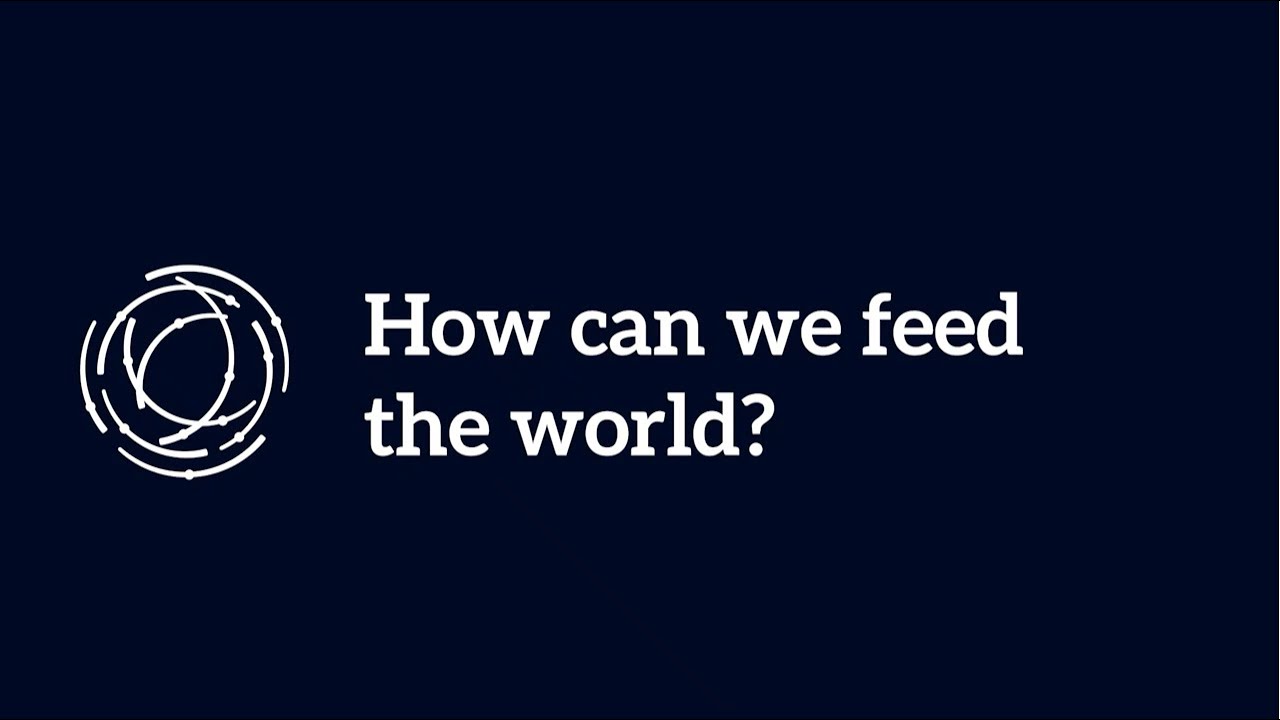Associated Sub-Fields:

These opportunities come at an important time. The global population continues to grow, having topped 8 billion in 2022 and forecast to reach over 10 billion by the 2080s.1 The growing population will lead to a 30 to 62 per cent increase in food demand by 2050 compared with 2010.2 Clearly, agricultural yields must increase, and distribution improve, to ensure adequate nutrition for all.
Scientifically informed policies to change global diets, including major decreases in red-meat consumption (as suggested in the planetary health diet), can help to improve environmental and food-system sustainability. Agricultural practices can be improved both to reduce their impacts and to become more resilient against stressors like extreme weather. Genetic-engineering technologies such as CRISPR, along with more traditional breeding practices, are being used to enhance crops and livestock, both in their nutritional value and their environmental resilience.
AI is emerging as a key technology for managing complex systems such as farms and soils. These advances in AI will be complemented by the development of smaller and cheaper in situ sensors, as well as remote sensors, to closely monitor farms. Approaches in nanotechnology can have applications in agriculture, improving soil quality through nano-engineered additives, for example.3 This will be vital in mitigating the effects of environmental crises such as climate change and ecosystem degradation. This is particularly important because, in many cases, agriculture already operates with unsustainable practices the impact of which will only be increased by the impending environmental issues.
On top of these problems is the issue of food quality. Here again, science and technology breakthroughs can help. We know that even in countries where people have access to sufficient calories, diets are often nutritionally suboptimal and must be improved if we are to avoid perpetuating significant health problems. According to the Global Burden of Disease report 2020, 22 per cent of all adult deaths in 2017 were associated with poor diet, with cardiovascular disease as the leading diet-associated cause of death.4 Type-2 diabetes, also associated with poor diet, was the ninth leading cause of premature death globally in 2017. This is particularly troubling because the situation is getting worse: in 1990, type-2 diabetes was only the 18th leading cause of premature death. Ongoing improvements in the methodology of nutritional studies will help to uncover causal mechanisms behind healthcare problems, however, and to create strategies for optimising and personalising nutrition to take into account the highly individual nature of physiological responses to different types of diet. Science-led personalised nutrition is set to be increasingly important, at least in countries with the infrastructure to support it.
KEY TAKEAWAYS
Bioengineering can bring more, new and better food to the global market. Engineering crops and livestock will be vital as we face the growing nutritional requirements of the large future global population. Reformatting the ecosystem involved in food production is also an option. Possible strategies include consideration of pollinators, soil quality (including the soil microbiome) and the use of chemicals and biotechnology for improving yield and reducing the impact of weeds and pests. On top of this, suitably directed research will enable a reworking of the long-standing traditional processes and practices of agriculture. Reimagining farming will help to dramatically increase food production. Technologies such as AI-led decision-making and vertical farming are examples of potential paths forward here. As well as increased food quantity, there needs to be consideration of food quality, with a view to giving individuals more opportunities to personalise their nutrition and creating foods with higher nutritional value generally. Optimising nutrition in this way could have profound impacts on personal health and significantly reduce the expenditure on healthcare provision in societies that have generally been impacted by widespread prevalence of diet-related health problems such as cardiovascular disease and type-2 diabetes.
Anticipatory Impact:
Three fundamental questions guide GESDA’s mission and drive its work: Who are we, as humans? How can we all live together? How can we ensure the well-being of humankind and the sustainable future of our planet? We asked researchers from the field to anticipate what impact future breakthroughs could have on each of these dimensions. This wheel summarises their opinions when considering each of these questions, with a higher score indicating high anticipated impact, and vice versa.
- Anticipated impact on who we are as humans
- Anticipated impact on how we will all live together
- Anticipated impact on the well-being of humankind and sustainable future of our planet








